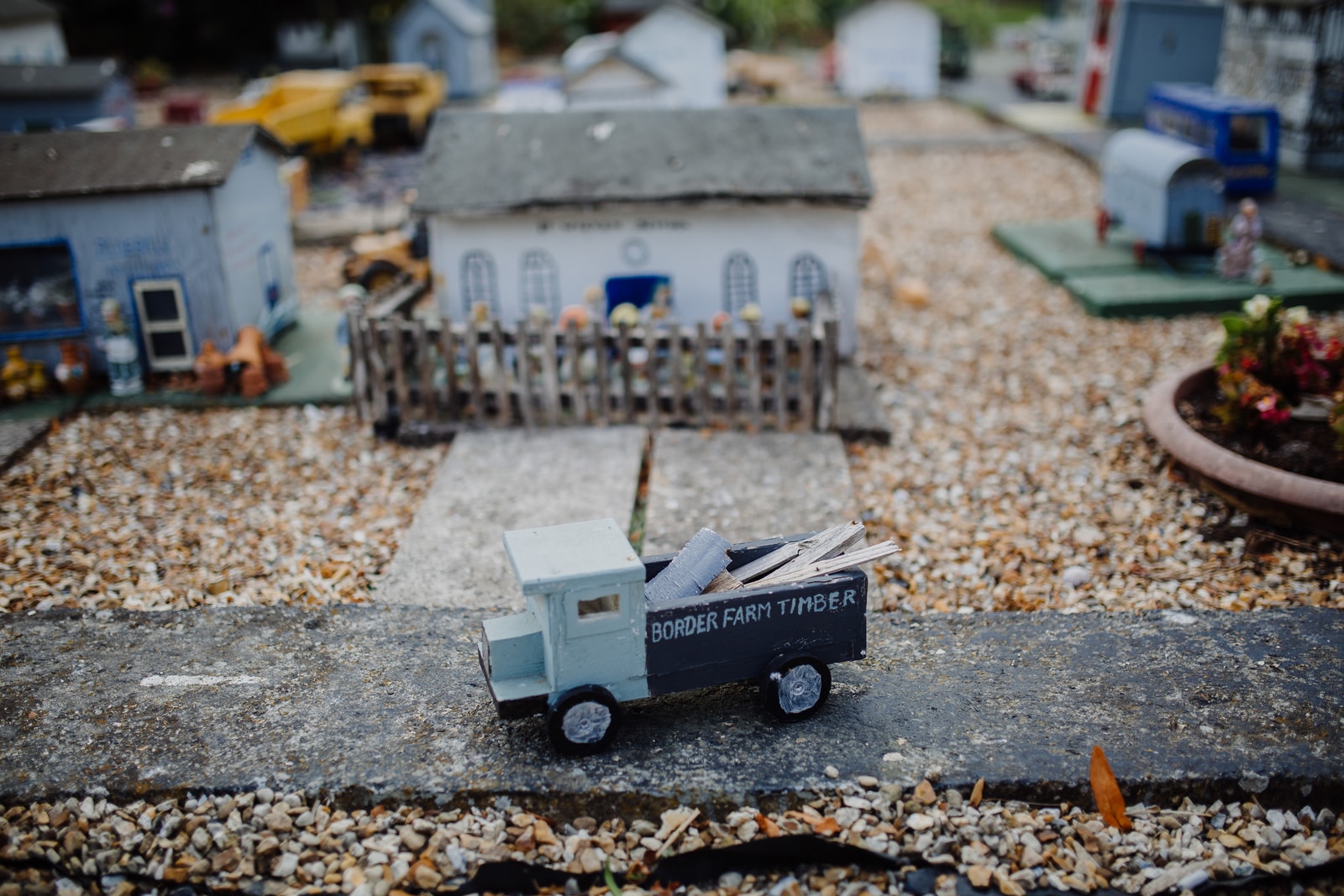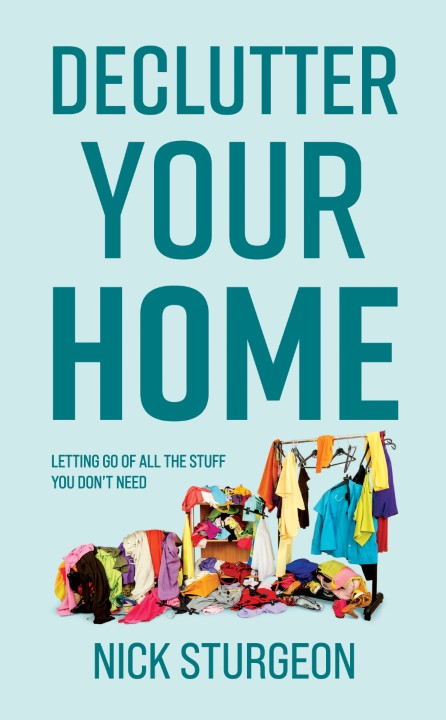Adverts tell you to buy new, to acquire more, to 'go large' and so often we fall for the message that is pushed upon us. We should own a larger house with more space, a greater distance from the neighbouring property and a kitchen that is more like a chef's showroom than a place for enjoyable family dining.
Of course, we are told that we need an extensive wardrobe that provides clothes for every season, but also for every month of the year, together with the absolute best of bags, watches and additional accessories. Each of these items comes with a well known and heavily branded label which we are encouraged to discreetly mention or simply show off to our friends.
Gathering more possessions and more debt is no way to feel relaxed and happy. The emotional burden of greater debt for the shiny new possessions soon comes through and starts to hurt and cause you pain. You can stand against the consumerism of the adverts, designed to separate you and your money. There is a simpler approach and we refer to it in our home as the Downsize Life.
I am in a place where I am happy, satisfied with my circumstances, living the indie lifestyle that my partner and I have created together. We chose to downsize recently and go through the declutter journey. We made a decision to look at what we need to be happy and solvent and at peace with our life. We took the steps necessary to make the income streams that are allowing us to pay off our debt and have around us those things which either bring joy or support our conscious move into what we refer to together as the Downsize Life.
This opportunity is real for you, for us all. It takes thought, effort and some determination to step away from those things which might well allow you to pay your bills, but perhaps come with an element of stress and worry. I am speaking here about the politics of a work organisation and the shenanigans that can take place there. But pettiness and upset are a part of life in any place where you have a lot of interaction with people, so don't think it's just about where you work! Let's get real about all of this.
What might you do to improve your life?
First, give thought to all aspects of your life as they are now. Consider your existing accommodation, money and financial resources, lifestyle and health, you support network, and your future plans and goals. In identifying these different elements take the time to note how you feel emotionally about each one.
Do you love where you live? Not just the building or type of accommodation, but the surrounding environment and geography, landscape and neighbourhood. Are you happy with the physical space you occupy, with the structure and design of your home?
Retirement Years
Re your money, are you earning what you need to live without worry or fear of debt? Is there a side hustle you can start to cover any shortfall for your cost of living or to begin the process of clearing your debts to other people or to credit organisations? What money have you set aside in a savings pot, both cash money for emergencies or unexpected bills, mid term money to give you a breathing space for three months or more in the event of illness, and real long term money that would allow you the freedom of stepping down from one job to take another where you will be happier and more fulfilled. What about the long game and being financially ready for retirement, fully prepared for the years of no job income?
Health and well-being
Lifestyle and health matters are broad in theme and topic. Here I am asking you to look at the way you live and your physical wellbeing and fitness. So many external factors affect this, but you choose what you eat and the exercise you need and take daily. Food choices and the quality of this is important. Perhaps this ties in with the neighbourhood and local shops or access to the countryside, parks and gyms. Interaction with community groups and activities can be hugely valuable for your positive mental health and well-being.
Like minded friends and support networks
Who you have around you as a support is critical. Friendships and networks of like minded people allow you to be your best you. They encourage you to follow your favourite activities and plans. They want you to win at the things which are important and special to you. Contact with friends in a real way, and not just online via social media, is good for your emotions and your mental health. Some of these people might be your neighbours. Others may be in your immediate family circle. I enjoy contact with friends in a weekly writing group that I attend and who I love chatting with over a coffee. Each year I meet up with some volunteers and we clean, paint and decorate a youth hostel in preparation for the next season of heavy use by cyclists, climbers and young people on expedition groups. Other friends are those I see each month in a social enterprise where they provide a pay-as-you-feel cafe above a food distribution warehouse that provides meal ingredients to community cooking groups.
Look at the people who are important to you and whose company you enjoy. If you want to expand your social life, you only have to search local noticeboards, both physically in local coffee shops and community venues, and of course in online forums and postings.

